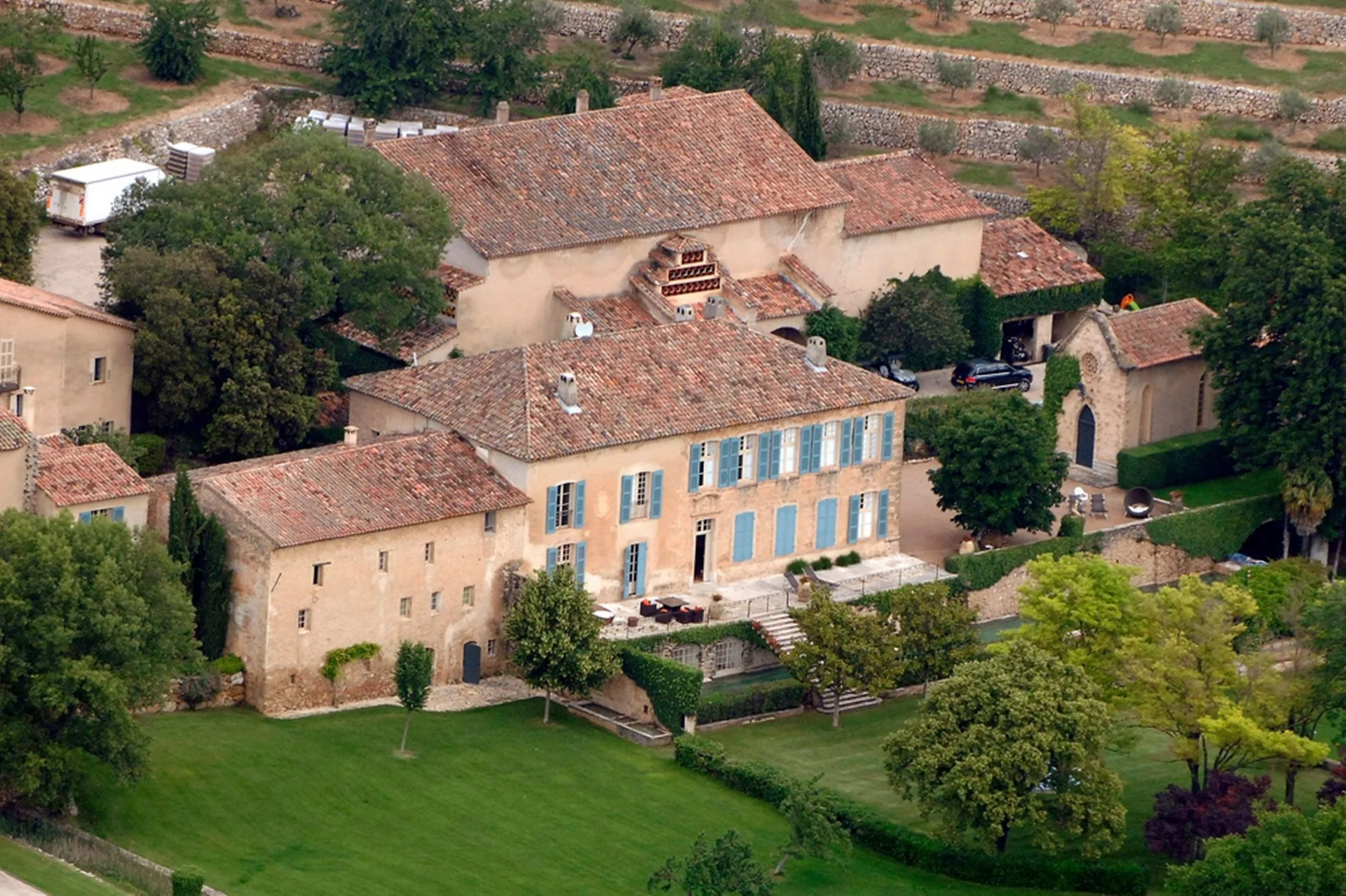November 1, 2025
Brad Pitt vs. Angelina Jolie: Private Emails Ignite Fresh Legal Firestorm Over Château Miraval

Hollywood's once golden couple, Brad Pitt and Angelina Jolie, find themselves entangled in another heated legal dispute, this time over private emails linked to their French estate, Château Miraval. The sprawling vineyard, previously a symbol of their union, has become the arena for an intense battle of legal wits and claims of breached agreements.
Brad Pitt has recently filed a motion demanding that Angelina Jolie surrender private emails that he believes are pivotal to understanding the circumstances around the controversial sale of Jolie’s stake in the estate to the Stoli Group in 2021. Pitt's legal team contends these emails, which involve discussions with Jolie’s business manager and British PR advisors, are crucial as they allegedly contain details that could prove Jolie violated their mutual ownership agreement.
In stark contrast, Jolie’s defense, led by attorney Paul Murphy, accuses Pitt of attempting to "invade her privileged communications" as part of a prolonged effort to "harass and control" her. They argue that these communications are protected, involving only her legal team and pertaining to ongoing litigation.
Château Miraval, once a fairytale property bought by the couple in 2008 and the site of their 2014 wedding, has turned into a legal battlefield. The core of this high-stakes legal drama hinges on whether the private emails, thought to be shielded by attorney-client privilege, can actually be disclosed. The outcome could not only affect their case but also set a precedent for future celebrity and corporate disputes where professional and personal lives are deeply intertwined.
The saga has sparked a wider debate on the limits of attorney-client privilege, especially when non-lawyers are included in what might otherwise be confidential discussions. Legal experts are closely watching the case as Pitt’s team argues that these are mere "brainstorming sessions between non-lawyers" and should not be protected.
Adding to the drama, Jolie has countered with a motion for Pitt to cover $33,000 in her legal expenses, claiming his continued legal actions have unnecessarily prolonged the dispute, incurring significant costs.
As this legal tug-of-war unfolds, the Château Miraval case serves as a poignant reminder of how quickly shared dreams can unravel, turning business partnerships sour and private matters into public courtroom dramas. With both parties standing their ground, the case could potentially lead to a landmark decision on the boundaries of privacy, privilege, and personal history in business dealings. The outcome could reshape not only their futures but also set new legal standards for others in similar predicaments.